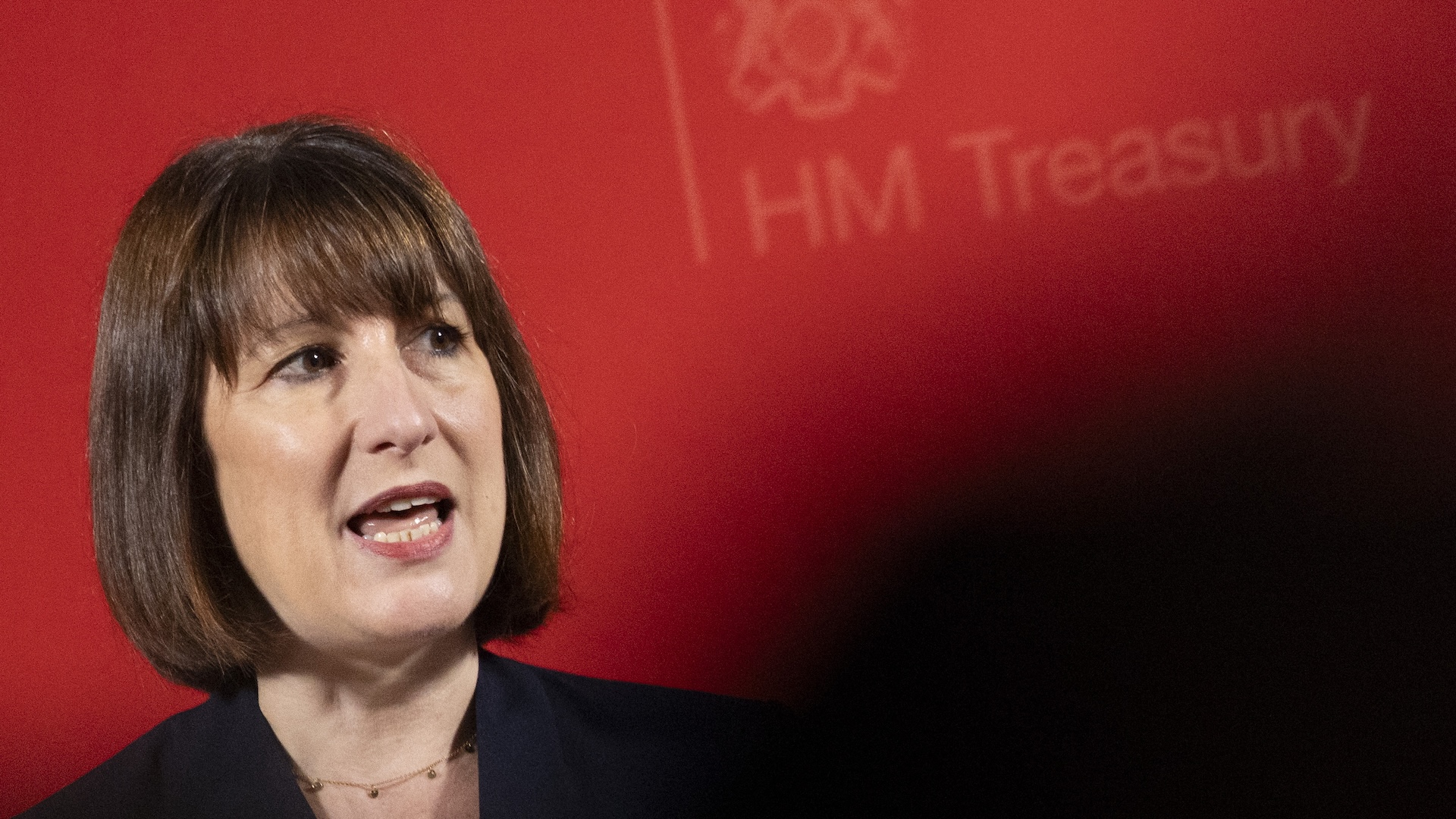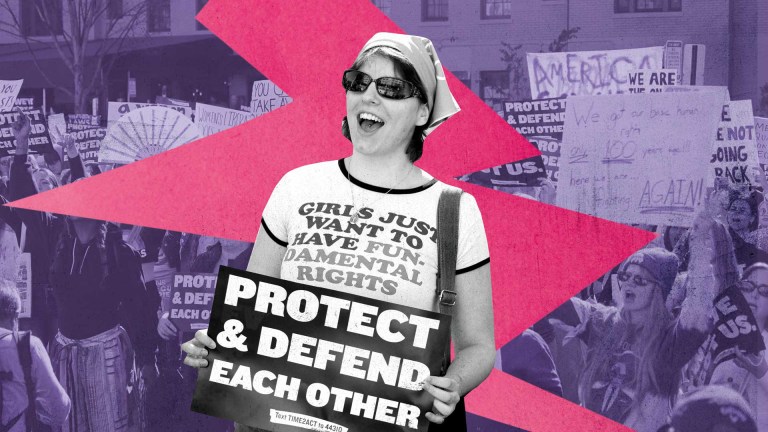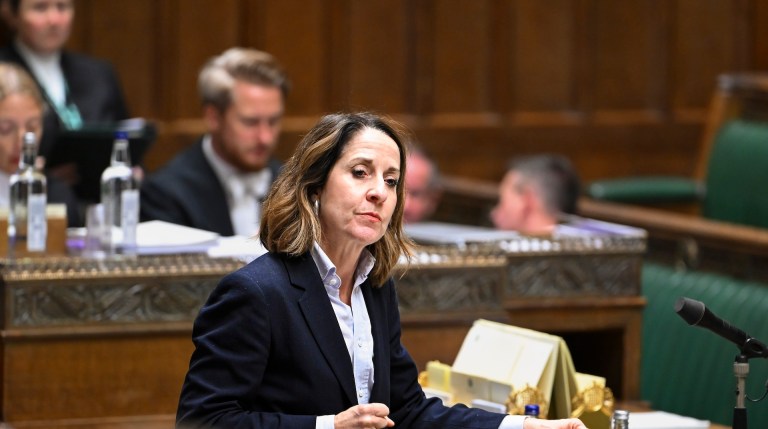Alfie Stirling, director and chief economist at the Joseph Rowntree Foundation, said: “Beyond the public finances, the truly shocking economic inheritance for this government is the fragility of living standards and depths of hardship being felt right across the country.
“The chancellor has legitimately said that she is making difficult decisions but they won’t be as hard as the decisions made by families experiencing hardship every day.”
Around seven million families reported going without essentials like food, showers, heating and toiletries in the six months up to May 2024.
The charity has repeatedly called for the government to implement an ‘essentials guarantee’ to ensure people can afford the basics they need to survive. Universal credit currently falls short by around £120 each month.
Stirling added: “Reliable public services and better living standards are the firm foundations that can drive a strong economy and boost financial resilience for our families and our country.”
Shelley Hopkinson, the head of policy at anti-poverty charity Turn2Us, agreed that the basic rate of universal credit “does not even cover the basics”.
Advertising helps fund Big Issue’s mission to end poverty
“When designing any future changes to social security, we urge the government to listen directly to people’s experiences and take immediate steps to make the social security system fair, accessible, and truly supportive,” Hopkinson said.
“This includes abolishing the punitive two-child limit, ensuring benefits are sufficient to cover essential living costs, and dismantling the stigma that permeates the system.”
There are also fears about whether the government plans to continue with the Conservatives’ proposals for personal independence payments (PIP).
This included the suggestion to replace regular PIP payments with one-off grants or vouchers for some claimants.
Labour is yet to confirm its plans around the disability benefits reforms – but the work and pensions secretary Liz Kendall recently said she wanted to transform the DWP from a ‘Department for Welfare’ into a ‘Department for Work’.
Its focus is on supporting people, including those who are disabled or ill, into employment.
Advertising helps fund Big Issue’s mission to end poverty
Jackie O’Sullivan, executive director of strategy and influence at learning disability charity Mencap, said: “We appreciate difficult decisions need to be made but today’s announcement is worrying for people with a learning disability who rely on a benefits system that already doesn’t provide adequate support.
“We stand behind the government’s drive to get more people into work but equally, we need a welfare system that ensures those that cannot work are not left to struggle.”
Jen Clark, economic and social rights lead at Amnesty International UK, said: “The government must consider the disproportionate impact measures such as this will have on vulnerable and marginalised groups.
“In creating fiscal policy, the government must commit to assessing the impact not just on ‘growth’ ambitions but also on the lives of people already struggling to access the human rights to food, housing, health, and education.
“A human rights-based approach to fiscal policy means that the government puts people first and commits to progressing the rights of the people who are furthest behind. In the face of any challenges, the government should always ensure that any fiscal policy it makes does not worsen existing inequalities.”
Do you have a story to tell or opinions to share about this? Get in touch and tell us more. Big Issue exists to give homeless and marginalised people the opportunity to earn an income. To support our work buy a copy of the magazine or get the app from the App Store or Google Play.
Advertising helps fund Big Issue’s mission to end poverty










